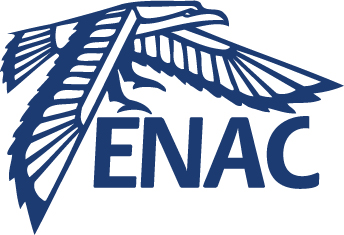Air traffic conflict resolution by genetic algorithms
Résumé
The resolution of Air Traffic Control (ATC) conflicts is a constrained optimization problem : the goal is to propose, for a certain number, n, of aircraft, which might be in conflict in a near future, trajectories that satisfy the separation constraints between aircraft, and minimizes the delays due to the conflict's resolution. The type of conflict resolution trajectories we use allows to split the problem in two steps: first we choose, and freeze, what we call a configuration of the problem, i.e. for each aircraft, the direction in which the aircraft is diverted, and for each pair of aircraft, which of the two aircraft passes first at the crossing point of the two aircraft trajectories. We can then compute the optimal trajectories corresponding to this configuration, by solving a simple linear optimization problem. Thus we can use an Genetic Algorithm, along with a linear optimization algorithm, such as the simplex algorithm: the elements of the population, on which the GA operates, code configurations of the problem, and are evaluated using a linear optimization program.The advantage of this approach is that we get, as well as the fitness of an element of the population, the local optima corresponding to the configuration coded by this element. The GA actually searches for the global optimum among these local optima. We applied this methods to conflicts in which up to 6 aircraft are involved, and obtained really promising results.
Domaines
Optimisation et contrôle [math.OC]| Origine | Fichiers produits par l'(les) auteur(s) |
|---|
